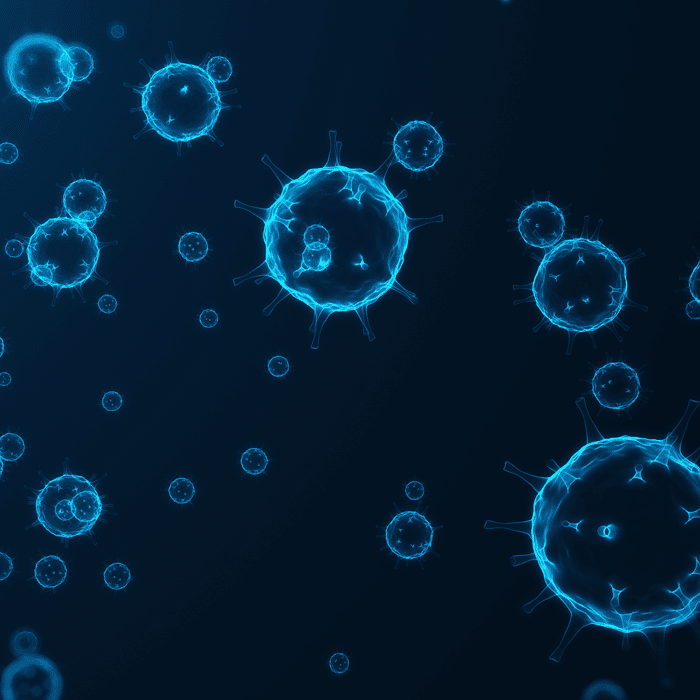Allergy House Cleaning Services In Seattle and Surrounding Areas
Allergy Cleaning Seattle
Clean Carpets, Rugs & More from Indoor Allergens
Our Allergy Carpet House Cleaning services go beyond surface dusting to eliminate allergens like pet dander, dust mites, and pollen trapped deep in your carpets and upholstery.
Biological Contaminants
Biological contaminants include bacteria, molds, mildew, viruses, animal dander and cat saliva, house dust mites, cockroaches, and pollen.
There are many sources of these pollutants.
Pollens originate from plants; viruses are transmitted by people and animals; bacteria are carried by people, animals, and soil and plant debris; and household pets are sources of saliva and animal dander.

Rat Urine and Other Yucky Stuff
The protein in the urine and feces from rats and mice is a potent allergen.
When it dries, it can become airborne and drawn into the lungs. These contaminants can also land on your food, where you ultimately eat them! If you have problems with rodents in your home, we suggest calling a qualified pest control company.
Contaminated central air handling systems can become breeding grounds for mold, mildew, and other sources of biological contaminants and can then distribute these contaminants through the home.
This fact makes it essential to have your ductwork professionally cleaned and treated with a germicide at least once every 2-3 years. Home allergy treatments will help to drastically reduce the quantity of allergens within your home.

Call
PureClean
Our Allergy Cleaning technicians are trained to identify hidden sources of allergens and apply proven methods to eliminate them—leaving your home cleaner, fresher, and safer.
Controlled Conditions
By controlling the relative humidity level in a home, the growth of some sources of biologicals can be minimized.
A relative humidity of 30-50 percent is generally recommended for homes. Standing water, water-damaged materials, or wet surfaces also serve as a breeding ground for molds, mildews, bacteria, and insects.House dust mites, the source of one of the most powerful biological allergens, grow in damp, warm environments.
Some biological contaminants trigger allergic reactions, including hypersensitivity pneumonitis, allergic rhinitis, and some types of asthma. Infectious illnesses, such as influenza, measles, and chicken pox are transmitted through the air. Molds and mildews also release disease-causing toxins.
Symptoms
Symptoms of health problems caused by biological pollutants include sneezing, watery eyes, coughing, shortness of breath, dizziness, lethargy, fever, and digestive problems.
Allergic reactions occur only after repeated exposure to a specific biological allergen. However, that reaction may occur immediately upon re-exposure or after multiple exposures over time. As a result, people who have noticed only mild allergic reactions, or no reactions at all, may suddenly find themselves very sensitive to particular allergens. Some diseases are associated with exposure to toxins from microorganisms that can grow in building ventilation systems. These diseases can also be traced to microorganisms that grow in home heating and cooling systems and humidifiers.
“Children, elderly people, and people with breathing problems, allergies, and lung diseases are particularly susceptible to disease-causing biological agents in the indoor air.”
Why Choose Pure Clean?
Our second-generation family-owned and–operated company hires and trains only certified professionals to work in your home. Learn more about why our technology and our experts make us the best choice in the Seattle or Snohomish areas.
AS FEATURED ON







